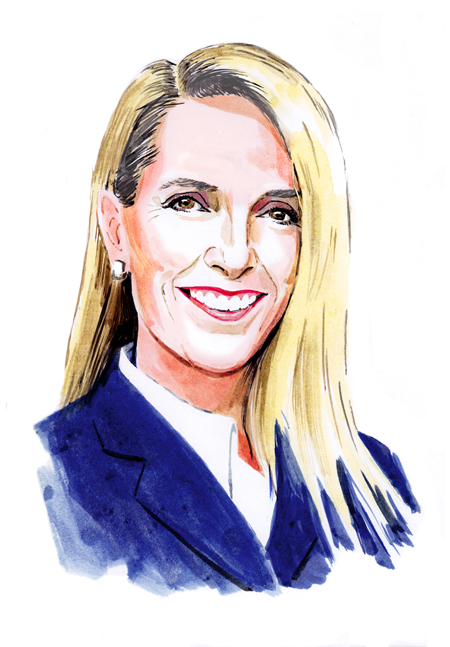
Illustration By Dan Williams
For more than 20 years, the In Trust Center has assisted theological school boards with self-assessment. And in the past five years alone, our Wise Stewards Initiative (WSI) – a board development project funded in partnership with the M. J. Murdock Charitable Trust to recast governance as an engine for innovation – has enabled us to reach the boards of over 40 schools in North America to address one of the most persistent challenges to good governance: making decisions.
Self-assessment is the first phase of the WSI, and it seems that many boards – despite being presented with data on enrollment, costs, market trends, and finances – find it difficult to move from information- gathering to decision-making. It’s one of the common challenges in the WSI self-assessments.
There can be many reasons why board action is limited or hindered. For one, they are deliberative fiduciary bodies. Their meetings and their structure may impact discernment and discussion. Members may be graduates deeply connected to the institution’s past. The board also may have a history of following the president’s lead and “supporting” the institution, when support may look more like hope than action. And for embedded school advisory boards, the governance role is unclear, leading to uncertainty about the extent to which advisory boards members can and should influence decision-making.
I recently revisited Peter Drucker’s Five Most Important Questions. They are fundamental for boards and those who serve theological schools to gain clarity about their school’s unique mission and purpose. What specifically does Drucker suggest we ask? Perhaps the most foundational questions and also the most important:
What is our mission? Who is our customer? What does the customer value? What are our results? What is our plan?
Answering these is a valuable exercise, as is understanding if the members of your school’s leadership team – including board members – are in agreement.
The In Trust Center will be launching a governance research project in 2023, a response to our members seeking to better understand the current work of governing and advisory boards, the demographics of those who serve, and how these critical governance partners engage in decision-making. We will share what we learn and create opportunities to cultivate continued board development.
Interested in finding out more about how we can support your board? Let me know.